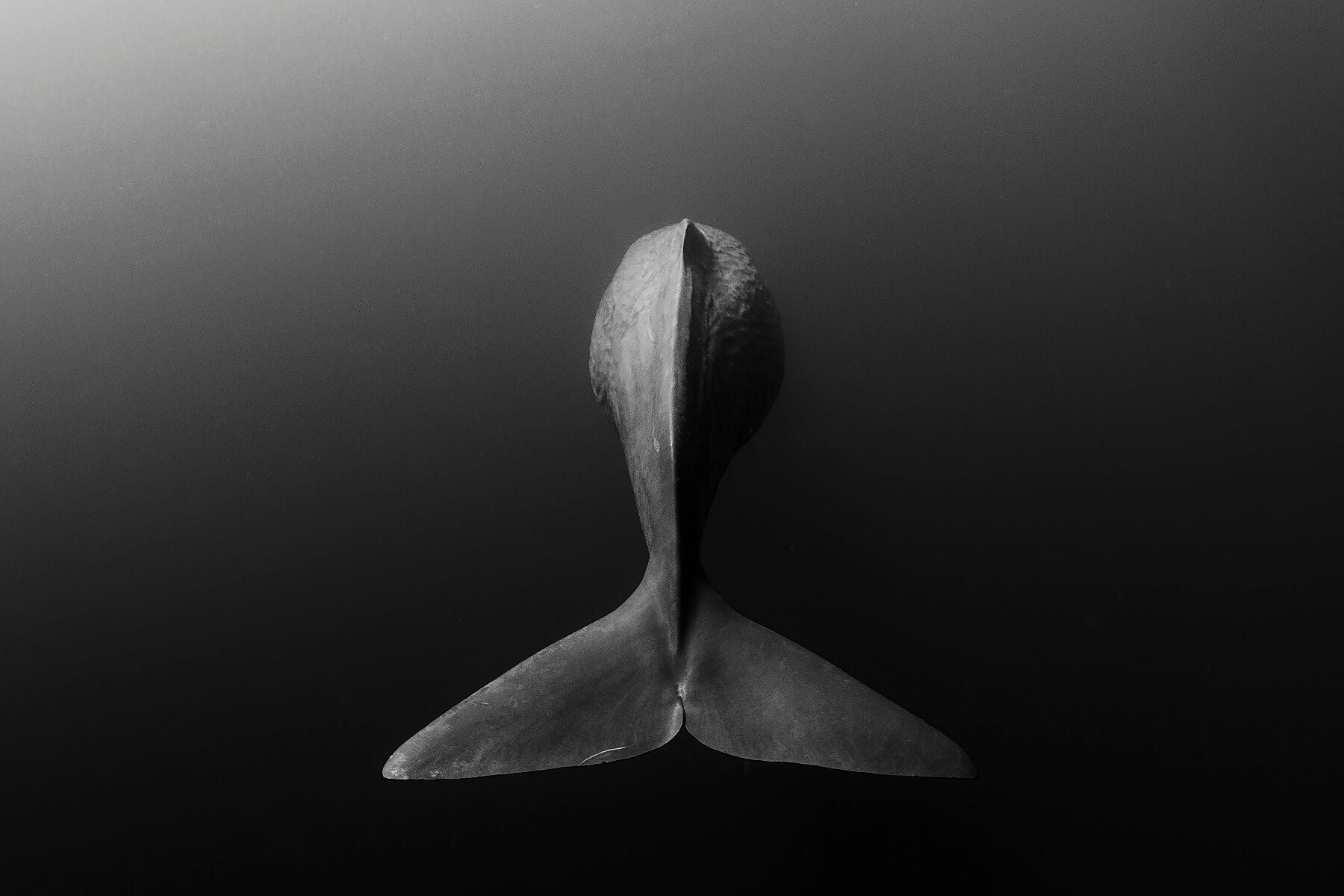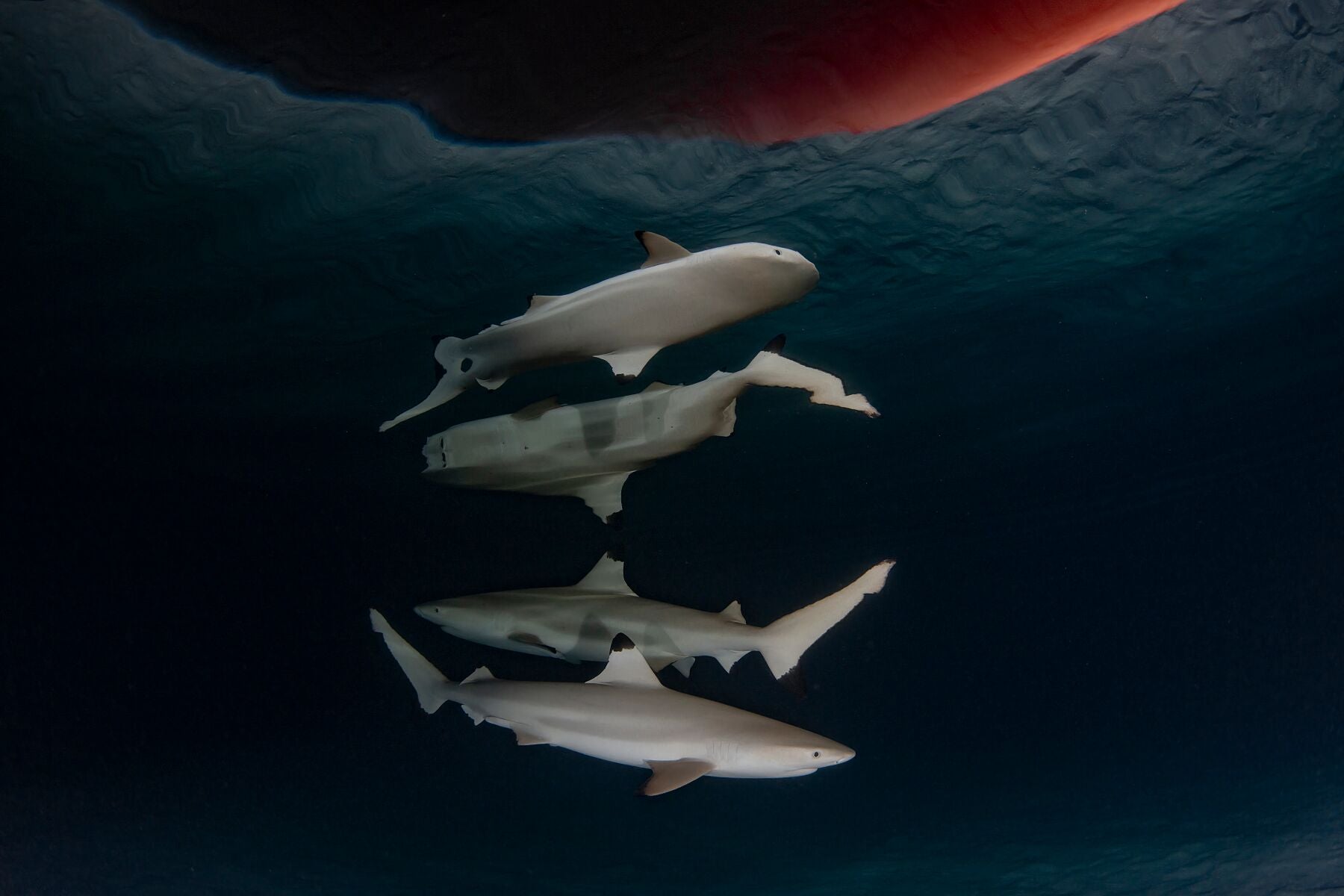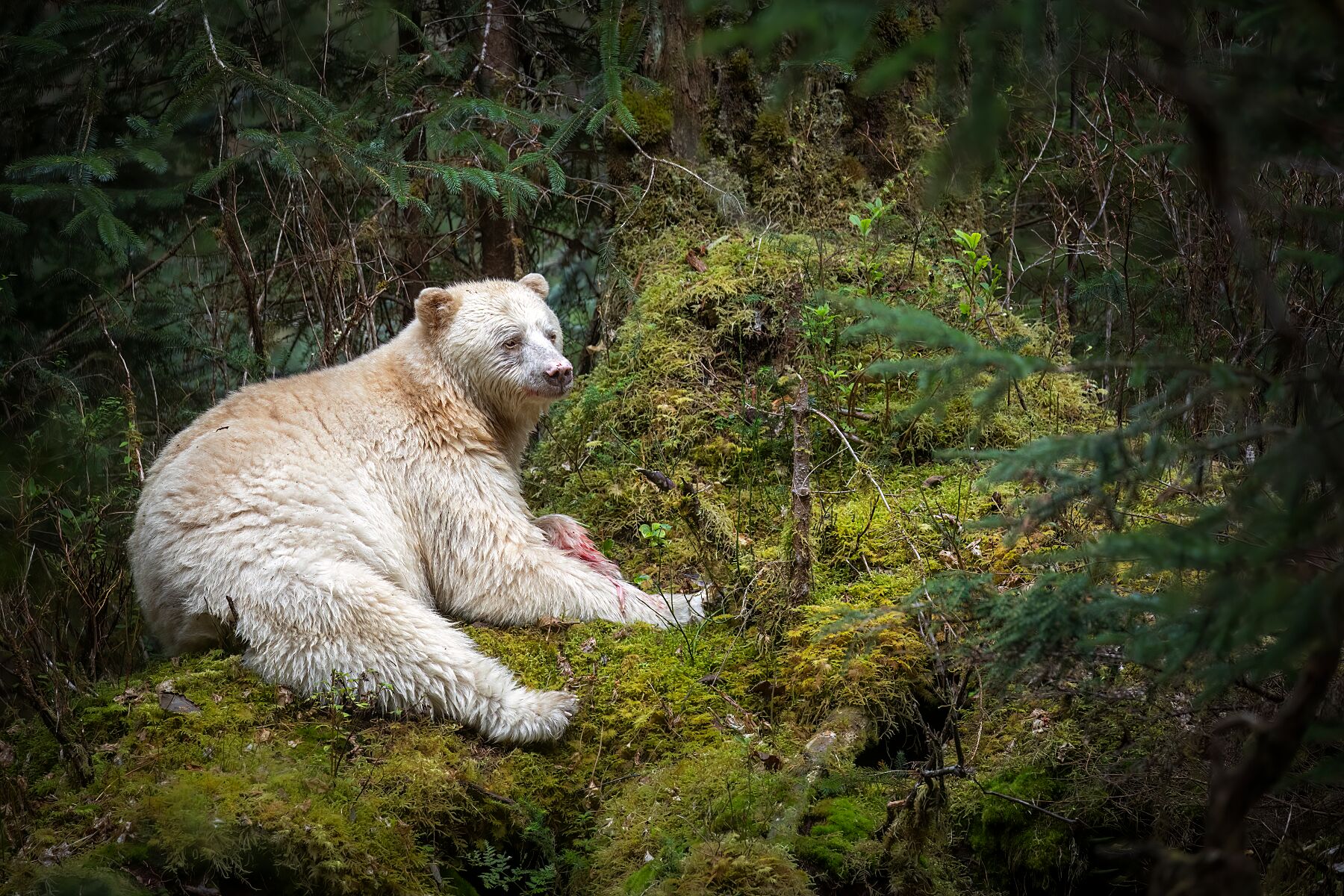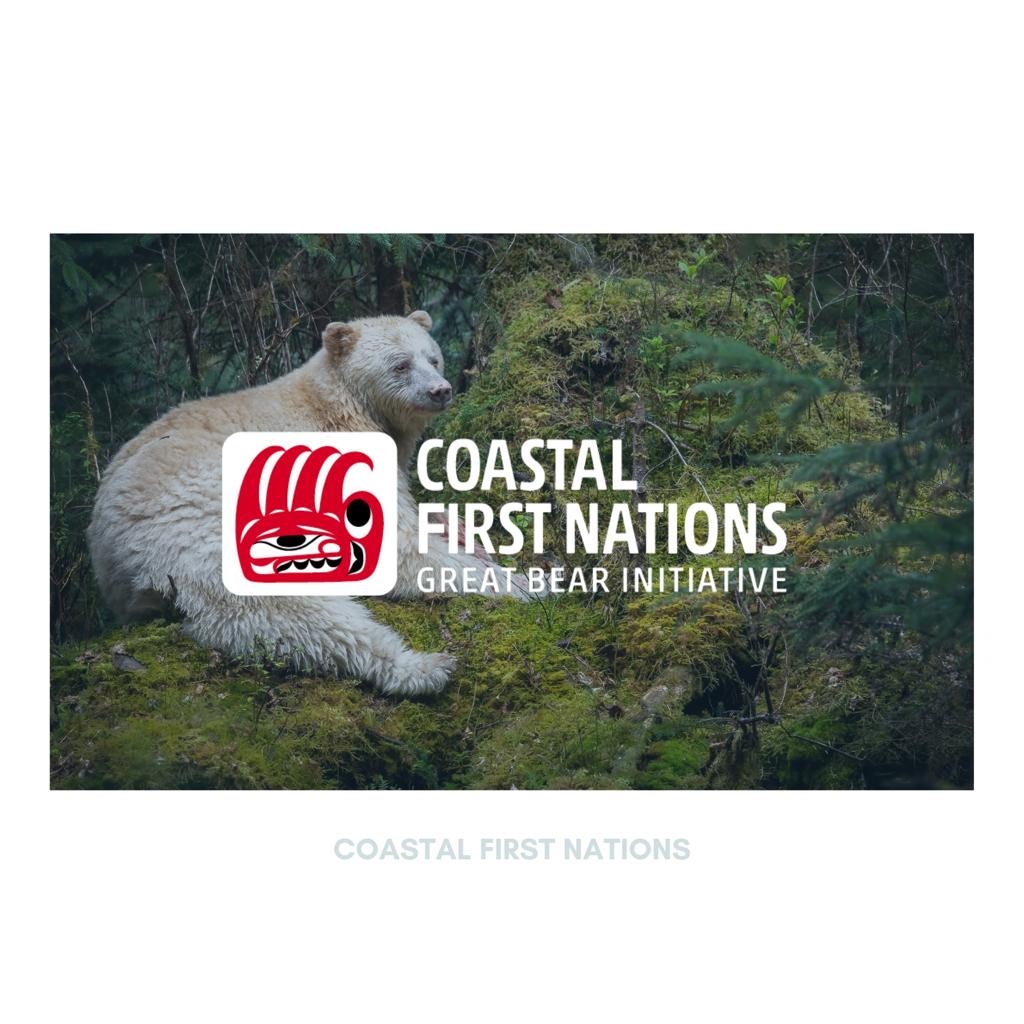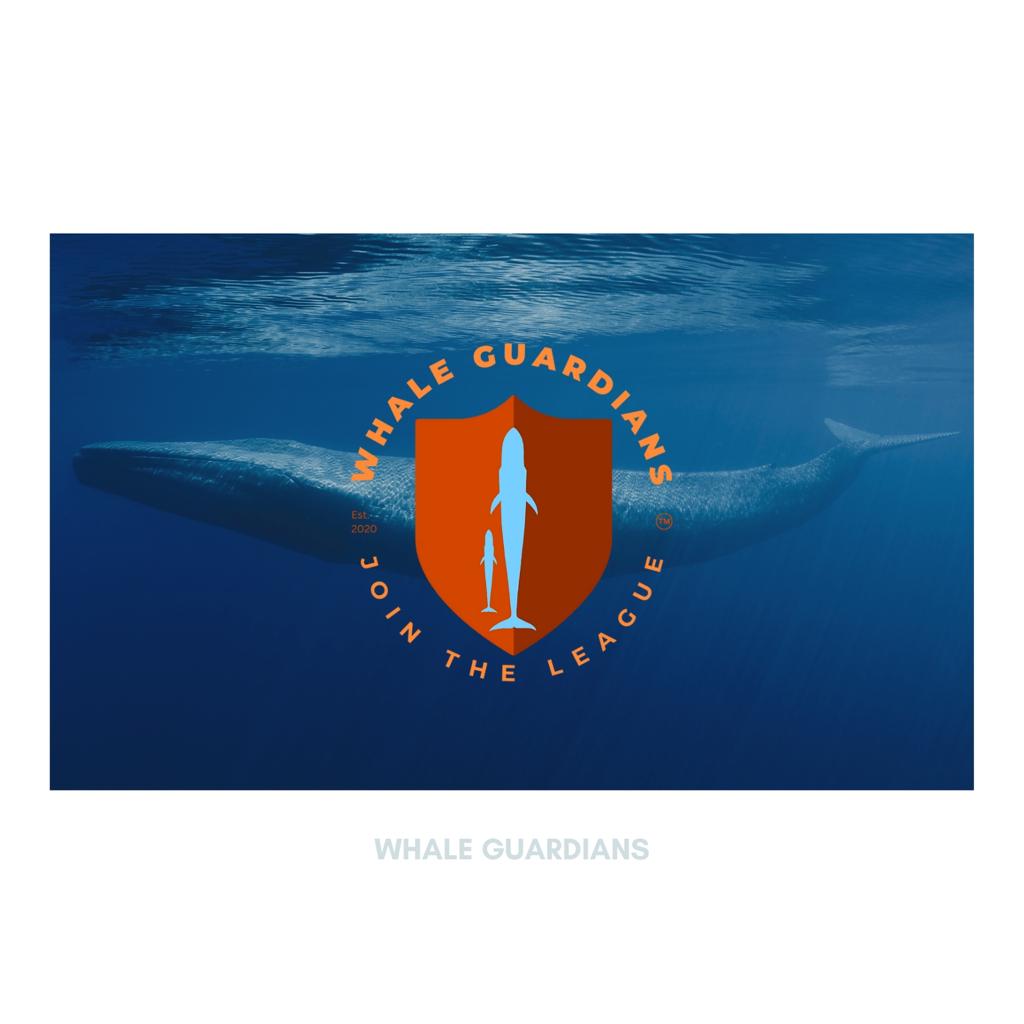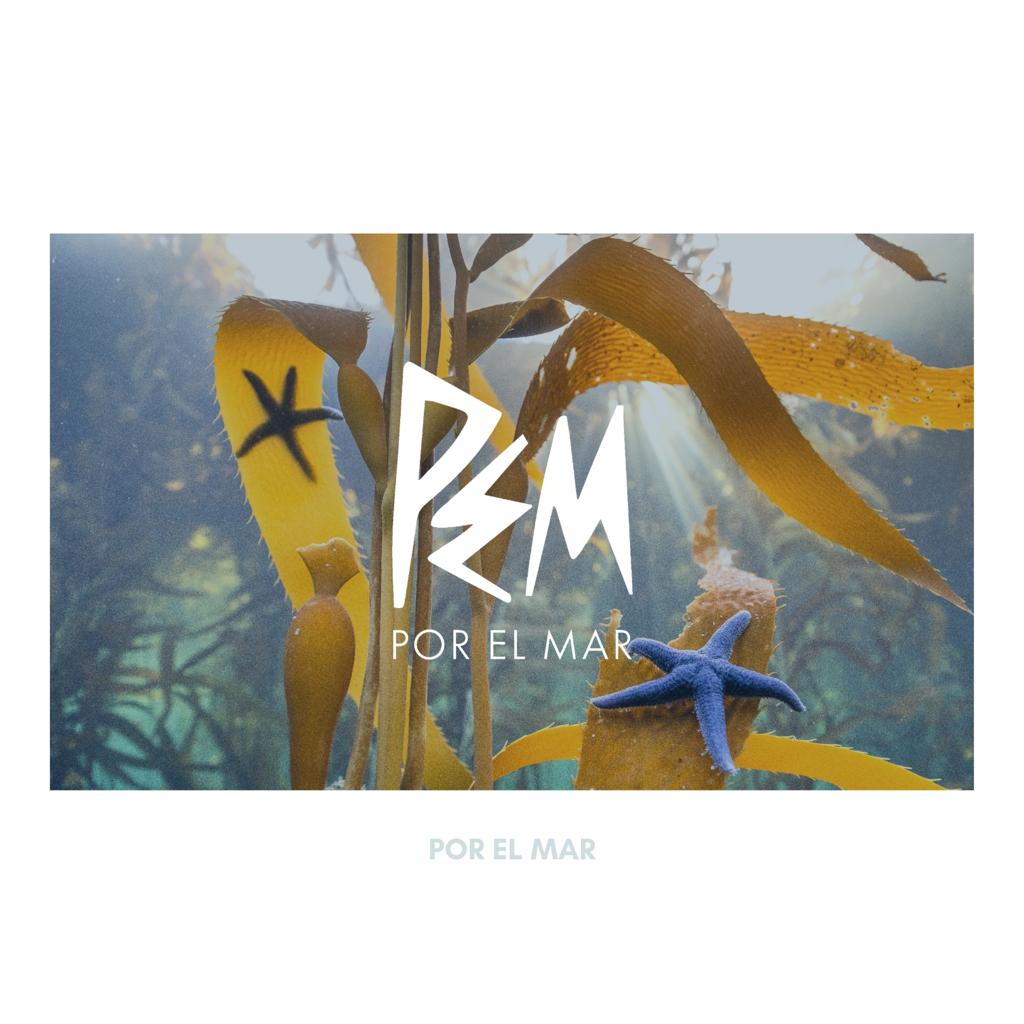Welcome to our Ocean Loving Community.
We are excited to announce 100 For The Ocean, a print fundraiser that will return next year in 2025.
100% of net proceeds from this campaign help to support the mission of SeaLegacy Canada Foundation and to spotlight underfunded and under-represented ocean NGOs.
This fundraiser will enable us to empower frontline organizations to protect and restore fragile ocean ecosystems.
100 for the Ocean assembles some of the world's most accomplished photographers and provides rare access to their works at an extremely affordable price - all to benefit ocean conservation!
- 100 world-class photographers.
- 100+ breathtaking prints on offer.
- Prints start at just $100 USD each.
- 100% of the net proceeds will go toward ocean conservation initiatives.
Paul and Cristina founded SeaLegacy in 2014 with a mission to use visual storytelling to protect our ocean. Now 100 photographers of all genres have donated their work to support this mission, with 100% of the net proceeds going toward ocean conservation.
We know the power that images have to move individuals and audiences into action. We are humbled to be part of such a passionate community of fellow artists for this campaign and we hope you will join us and share 100 for the Ocean with your network so we can raise important funds to support SeaLegacy Canada Foundation's mission.
Thank you for your continued commitment to protecting our planet. We are both grateful to be part of such a passionate community of fellow artists, and we look forward to the launch of 100 For The Ocean!
In hope and with gratitude,
Cristina Mittermeier, Paul Nicklen and Chase Teron
Co-Founders of 100 for the Ocean
* Please note all pricing is in USD unless Shopify has adjusted to your local currency. Thanks!
If you want to request interviews, schedule PR or just get in touch please visit our contact page here.
More About Our 100 for the Ocean Mission & Motivation
Our goal is to not only raise awareness but to take concrete action.
The photography, the prints, the artwork all help grab your attention to help begin the conversation. By showcasing the work of 100 world-class photographers, 100 for the Ocean aims to draw attention to the beauty, complexity, and vulnerability of marine environments. Through powerful imagery, the project seeks to educate people about the importance of healthy oceans as allies in our fight against the threats they currently face.
The global ocean faces incredible challenges include, but are not limited to:
- Climate Change: Climate change is one of the biggest challenges facing the ocean. Rising temperatures, ocean acidification, and sea level rise are all impacting marine ecosystems and biodiversity. The ocean produces 50% of our oxygen that we breathe and it is a vital carbon sink.
- Overfishing & Poor Fishing Management: Overfishing is a major threat to the ocean's health, with many fish stocks being harvested at unsustainable levels. This can lead to declines in fish populations and impacts the entire marine food web. For example, it is estimated that up to 100 million sharks are killed each year, largely due to overfishing and the demand for commercial products (makeup ingredient listed as: squalene = shark liver) and for food delicacies. This represents a significant decline in shark populations, with some species declining by up to 90%.
- Pollution: Pollution, including plastic pollution, oil spills, and chemical pollution, is harming marine life and damaging marine habitats.
- Plastic Pollution: There are currently trillions of pieces of plastic in the ocean which add up to over 2 million tons of plastic currently cover the world’s oceans. With an additional 8 million tons of plastic entering the ocean every year. This pollution harms marine wildlife, damages marine habitats, and even enters the human food chain. To put this in perspective, a study from The 5 Gyres Institute reports that there are 21,000 pieces of plastic per person on the planet in the ocean.
- Habitat Loss + Biodiversity Loss: The destruction of marine habitats, such as coral reefs and seagrass beds, is a major threat to the health of the ocean. These habitats provide important homes and food sources for many marine species. Biodiversity Losses Since 1970: Since 1970, marine biodiversity has declined by an average of 36%, with some species experiencing population declines of up to 80%.
- This loss is attributed to overfishing, habitat destruction, pollution, and climate change. The destruction of marine habitats, such as coral reefs and seagrass beds, is a major threat to the health of the ocean. Coral reefs are particularly vulnerable, with an estimated 50% already lost or severely damaged. Additionally, pollution from various sources, including oil spills, sewage, and agricultural runoff, harms marine life and damages habitats.
- Species: Invasive species can disrupt marine ecosystems and displace native species, leading to declines in biodiversity and changes in ecosystem dynamics.
- Ocean Acidification: As the ocean absorbs carbon dioxide from the atmosphere, it becomes more acidic, which can have negative impacts on marine life, including corals and shellfish.
- Marine Protected Areas from Poor Governance: Less than 8% of the ocean is considered a Marine Protected Area. Weak laws and enforcement, can lead to unsustainable and damaging practices in the ocean, including overfishing and pollution. There’s no accountability nor ownership of MPA’s.
Funds raised from 100 for the Ocean print fundraiser is going towards these 7 key wedges through amplifying and helping the selected ocean NGOs (Non-government organizations).
*Our group of 100 contributing photographers has nominated and voted on underfunded, under-represented organizations from around that world that need our help. We will announce the 5 selected mid May!
- Protect more of the ocean. By advocating for the protection of at least 30% of the ocean real estate of the countries who have signed the CBD by the year 2030 (i.e., the 30x30 goal).
- Protect more species. By supporting protections through international agreements like CITES, and local governments.
- Restore degraded habitats. By promoting the restoration of habitats like mangrove forests and coral reefs
- Stem the flow of pollution to the ocean. By supporting technological innovation and policy change
- Rethink how we source food from the ocean. By advocating for policy change, public awareness and innovation in aquaculture practices and plant-based seafood alternatives.
- Recast the ocean as a solution to climate change. By contributing to the restoration and protection of blue carbon sinks, the creation of blue carbon marketplaces, and the support of innovative solutions,
- We must achieve Ocean equity and justice for coastal communities. All the work that we do in each of the wedges has to be viewed through this lens to make sure the solutions we are proposing do not leave people or planet behind. We also must identify and support the next generation of ocean change-makers from diverse communities across our planet.
We hope that you get a piece of art that represents your love for the ocean and for Mother Nature. Thank you so much for taking the time to read this and to take action by purchasing a print during the month of June.
- Chase Teron
Announcing: Our 3 Ocean NGO Beneficiaries for 2023
After nearly 30 nominations, our group of 100 contributors voted on their top choices for beneficiaries. These organizations had to working within our 7 key recovery wedges:
- Creating marine protected areas.
- Protecting species.
- Eliminating plastics from waterways.
- Restoring ocean habitats.
- Rethinking fisheries.
- Harnessing the power of the sea to tackle climate change.
- We must achieve Ocean equity & justice for coastal communities.
Coastal First Nations
Coastal First Nations is a unique alliance of nine Nations living on British Columbia’s North and Central Coast and Haida Gwaii. Each Nation has its own distinct culture, governance and territory.The Traditional Territories of our member communities lie in the Great Bear Rainforest –one of the largest temperate coastal rainforest systems left on Earth – and on the coastal shores of our traditional waters.First Nations have forged a rich culture here. Our culture, language and livelihoods are deeply connected to the riches of rainforest and ocean.For thousands of years, our people carefully managed an abundance of resources – ancient cedars, herring, salmon, halibut, shellfish and more. We support:
- planning for marine and land resources in the Great Bear region
- increased local control and management of forestry and fisheries
- sustainable development through ecosystem-based management
- capacity building in our communities
- partnerships with government, industry, environmental groups and others
Whale Guardians
Each year 100’s, possibly thousands of great whales around the globe are unintentionally being hit, injured and killed by large ships.
These mortalities, are stopping some whale populations from recovering to their pre whaling abundance.
We map shipping activity against whale sighting data to determine where co-occurrence of whales and vessels is happening.
We then create a tailor made document on the best practices to reduce these lethal and unintentional ship strikes in each particular location.
Our program makes the whale ship strike problem visible urgent, and actionable.
The Whale Guardians™ program produces co-occurrence maps, develops best practices, and builds partnerships with all industry stakeholders.
Por el Mar
Pol el mar is a non-profit organization based in Argentina that is dedicated to protecting and conserving marine biodiversity in Argentina and the South Atlantic.Pol el mar’s work focuses on scientific research, education, and advocacy, with a particular emphasis on protecting threatened and endangered species and their habitats. They conduct research on marine ecosystems and species, and work to raise awareness about the importance of marine conservation through educational programs, workshops, and public outreach.One of Pol el mar’s key initiatives is their work to protect the Southern right whale, which is an endangered species that migrates to the coast of Argentina to breed and calve. The organization conducts research on the behavior and biology of these whales, and works to promote responsible whale watching practices that do not harm whale populations.Overall, Pol el mar is a passionate and dedicated organization that is working to protect the marine environment in Argentina and beyond through scientific research, education, and advocacy.
FAQs
The frames are black wood. Premium plexiglass covering with hanging hardware installed.
1. Go to Google Chrome or Safari Preferences
2. *** Site Settings > Scroll Down > Images "Site can show images" - New privacy policy settings may have this blocked. ***
3. Then go to Site Settings > Scroll Down > Pop Ups and Redirects > Site can send pop-ups.
We have duty free delivery to the US, UK and EU. We are not collecting tax on behalf of any country.
Customers in other countries may have to pay a Customs clearance fee as required by your port of delivery.
We work with a Canadian based printing partner, Tricera. At Tricera, we prioritize environmental sustainability in every aspect of our operations. We offer 100% cotton based fine art papers and aqueous pigmented inks for our fine art digital printing, minimizing our ecological footprint. Our commitment extends to our packaging materials, which consist of biodegradable wrapping and 100% recycled, unbleached tubes for shipping.
Additionally, our packing tape is made of brown paper with a vegetable starch adhesive, further reducing our impact on the environment. Through these practices, we strive to preserve our planet while delivering exceptional quality to our customers.
You can make your purchase with the knowledge that 100% of the proceeds are going to Ocean conservation, with minimal impact on the environment.
● Available in these sizes, including a border for easy framing
○ 8x12
○ 11x17
● Available pre-framed in these sizes
○ 16x24"
● Presented on Epson hot press paper. This matte paper reduces the effect of glare when framed and creates a perfectly saturated image with exceptional detail.
● Sustainable production, packaging and shipping
● We recommend you to take care when handling your museum-grade print. Buying a pre-framed print will ensure your artwork is protected and ready to hang.
No and here's why: Each print available is only printed when sold and on demand, so that we have zero waste. Due to the prints being produced in Canada and our team of 100 photographers are from around the world, we cannot make this happen unfortunately.
In the unlikely event of receiving a damaged artwork, please contact us within 48 hours with pictures of the damage. Once confirmed, we will endeavour to replace the edition, free of cost.
In the event that we are unable to replace the edition, we will arrange a refund upon receiving
the returned damaged artwork and corresponding Certificate of Authenticity (where applicable).
We are so sorry, but we cannot do this. We do not collect tax and it is your own government that will determine whether or not customs tax will occur.
All prints start at $100 USD, Shopify has local markets and converts currencies to help you out. So if you're Canadian for example, you'll see around $139 based on the current conversion rate. Our print production is in London and we pay in USD and it's the most universal currency. Funds go to SeaLegacy Canada Foundation and we will be supporting under-represented and under-funded ocean NGOs.
Prints are not limited edition and considered open edition, however, you can only get these prints for 30 days only from June 1-30, 2024 so they are limited in this sense.
In our fundraiser, each photographer and artist has graciously their artwork to have 100% for ocean conservation. If you want larger prints please contact and reach out to these amazing photographers and artists and support them directly.
Please contact us at hello@100fortheocean.com with any other questions.


